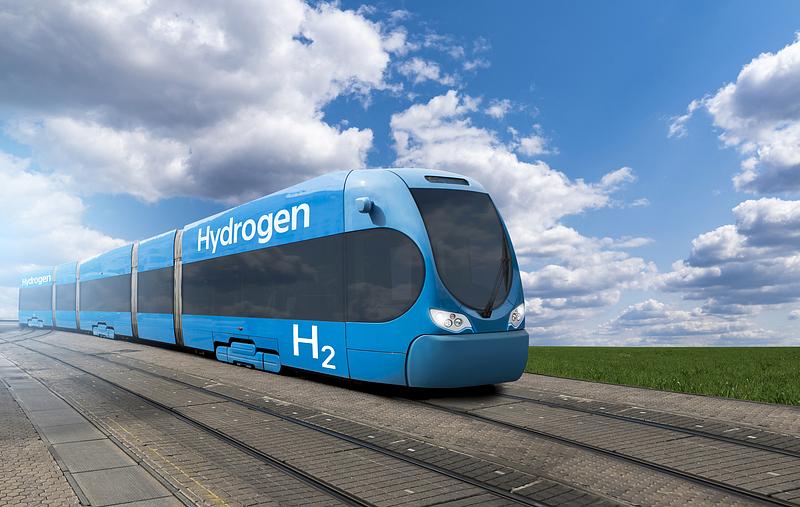Romania's Rail Revolution: Hydrogen-Powered Trains on Track for Green Transformation
Key Ideas
- The Romanian Railway Reform Authority announces a tender for 12 hydrogen fuel cell electric trains to align with the National Recovery and Resilience Plan.
- The contract valued at RON 1.596-2.468 billion aims to boost sustainable mobility and integrate green technology into Romania's transport sector.
- Past setbacks in procurement due to non-compliant bids are being addressed with a renewed commitment to advancing Romania's rail modernization goals.
- The adoption of hydrogen trains not only enhances sustainability but also positions Romania as a regional leader in green transportation.
The Romanian Railway Reform Authority (ARF) has initiated a significant step towards transforming Romania's rail sector by issuing a tender for the acquisition of 12 hydrogen fuel cell electric trains and associated maintenance services for a period of up to 30 years. This move is aligned with the country's National Recovery and Resilience Plan (PNRR), signaling a commitment to sustainable practices and green technology integration within Romania's transport infrastructure.
The contract, estimated to be worth between RON 1.596 billion and RON 2.468 billion (excluding VAT), focuses on bolstering sustainable mobility through the inclusion of hydrogen-powered vehicles, maintenance, and repair services for an initial 15-year period that can be extended up to 30 years. The duration of the contract spans 225 months, with submission deadlines set for January 15, 2025.
Previous attempts at procurement had faced challenges primarily attributed to non-compliant or absent bids. However, this tender relaunch signifies a fresh dedication to advancing Romania's rail modernization objectives outlined within the PNRR framework. By embracing hydrogen trains, Romania not only enhances its environmental sustainability efforts but also establishes itself as a leading proponent of green transportation in the region. This strategic move not only marks progress in the country's transportation sector but also underlines its commitment to reducing carbon emissions and promoting eco-friendly practices.
